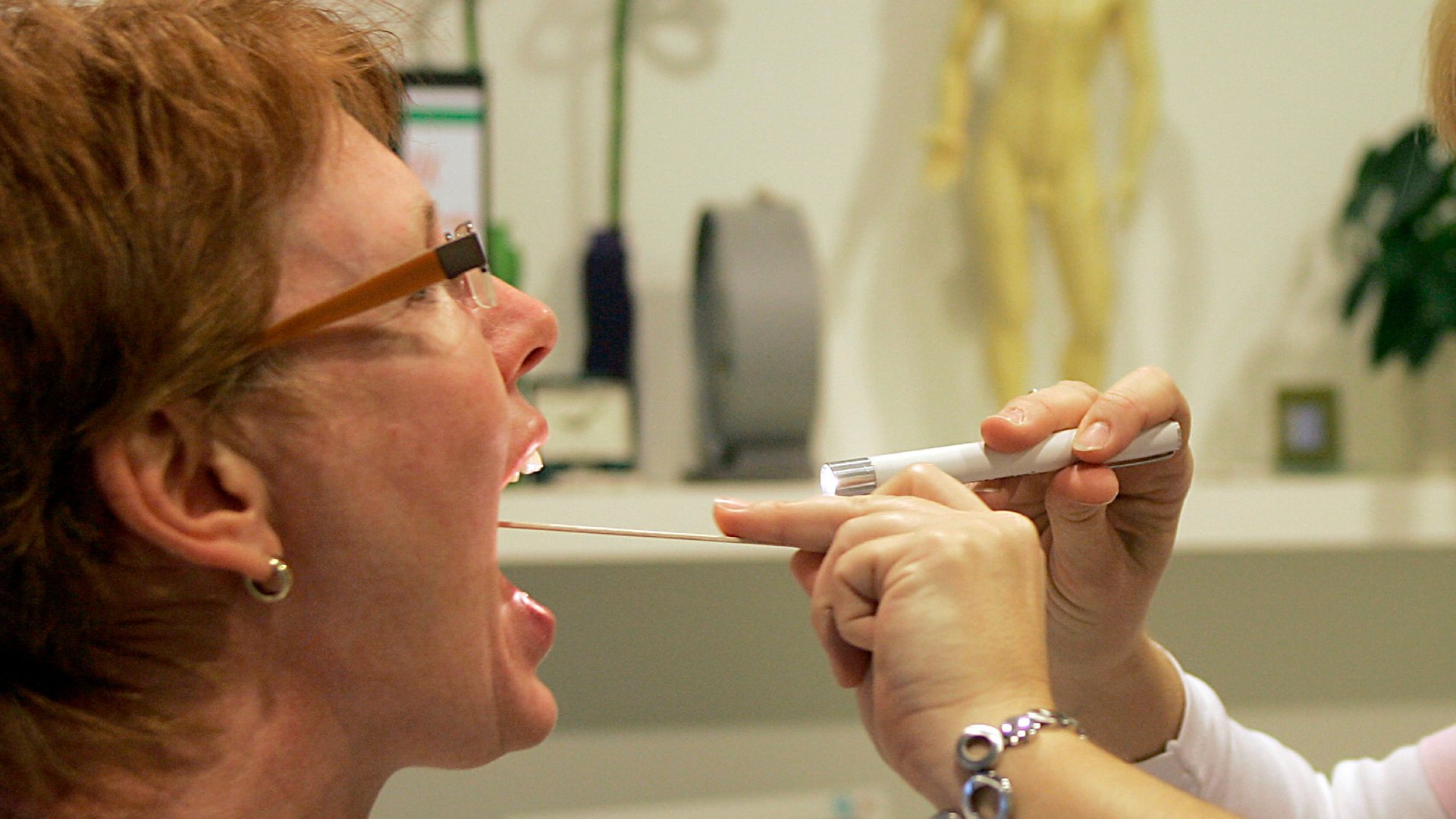Doctors shame women more than men about their bodies and behavior
Women are more likely to feel shamed or guilted by their physicians than men are, and they’re less likely to make positive changes in response. In a pair of studies published in the journal Basic and Applied Social Psychology, researchers surveyed a wide range of individuals about their experiences with their doctors, asking whether they’d ever been made to feel guilt or shame, as well as how they reacted to those feelings.


Women are more likely to feel shamed or guilted by their physicians than men are, and they’re less likely to make positive changes in response. In a pair of studies published in the journal Basic and Applied Social Psychology, researchers surveyed a wide range of individuals about their experiences with their doctors, asking whether they’d ever been made to feel guilt or shame, as well as how they reacted to those feelings.
Both studies found that women were significantly more likely to experience these incidents than men were: In the first cohort, which was made up of university students, 26% of women reported being “shamed” by a physician, while only 15% of the men surveyed said the same. The most common topics of this shaming were sex, dental hygiene, and weight. The second study, which included a much broader age and demographic range, showed similar results: While only 38% of men reported feeling guilt or shame because of something their physician said, 53% of women could recall such behavior.
Men were also more likely to make positive changes after being shamed, but researchers aren’t sure why: Overall, people are more likely to make changes when they perceive their doctor’s criticism to be focused on the behavior, not the person. In other words, someone who comes out of a doctor’s appointment thinking “I am a fat person” is much less likely to make diet changes than someone who emerges thinking “I eat too much.” Upon seeing that women reacted more negatively to these criticisms, the study authors thought they might be taking the incidents more personally. In fact, women were no more likely to focus on being “bad” (as opposed to having a bad habit) than men were.
As for why women report more shaming incidents in the first place, the researchers say, it could be that women are treated differently by their physicians than men are. It’s just as possible, though, that women are likely to read situations differently than men, or more likely to pick up on a physician’s subtle intent to shame. And as it happens, the intent is very important.
“If you perceive your doctor is intentionally trying to make you feel shame or guilt,” lead author Christine Harris said in a press release, “then the reaction is exclusively negative. We didn’t see any positive reactions at all…Tough love and shaming don’t always work. In fact, they can be counter-productive.” To improve patient outcomes, Harris says, doctors should take more care to criticize behaviors, and not patients. And while more research is needed to determine the cause of the gender discrepancy found, perhaps physicians should stop and ask themselves whether they speak differently to their female patients.